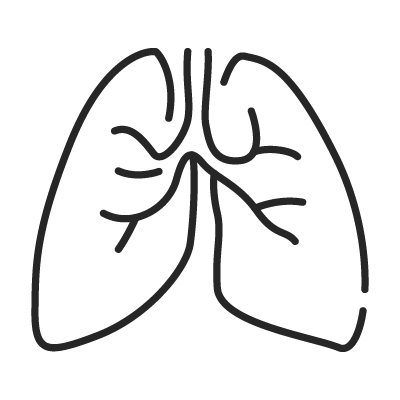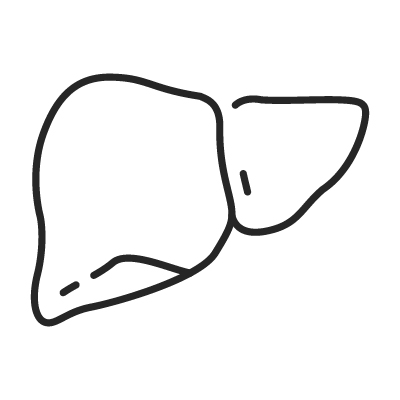Feline herpesvirus antigen (FHV Ag)
| Catalog No. | SFHVAGS |
|---|---|
| Specimen | secretion |
| Dimensions | Height: 60mm, Length: 300mm, Height: 84mm, Length: 300mm |
Product Description
INTENDED USE
Feline Herpesvirus is also called feline viral rhinotracheitis (FVR). It causes cat flu which has human cold-like symptoms such as runny nose, conjunctivitis, fever, muscle and joint pain, and sore throat. In a serious case, eye discharge and ulcers may result in vision loss. It is a highly contagious disease and transmitted by any type of biological fluid such as saliva. FHV infected cats may remain a carrier for life so it is important to vaccinate and diagnose them in the early stage.
BACKGROUND
Feline Herpesvirus Antigen (FHV Ag) Rapid Test Kit is a chromatographic immunoassay used for the qualitative detection of Feline Herpesvirus antigen in feline secretion of eye mucus (in the conjunctiva), nasal discharge.
The invisible anti-FHV antibody (T line) and secondary antibody (C line) are immobilized on a nitrocellulose membrane in result window. Another anti-FHV antibody is conjugated with colloidal gold particle and immobilized on glass fiber as conjugate pad.When specimen is applied into the sample well on device, FHV antigen will bind to the gold conjugate and migrate on the surface of test strip by passive diffusion,and a visible T line will appear in result window after 10 minutes. The C line has to appear every time when a test is properly performed.














